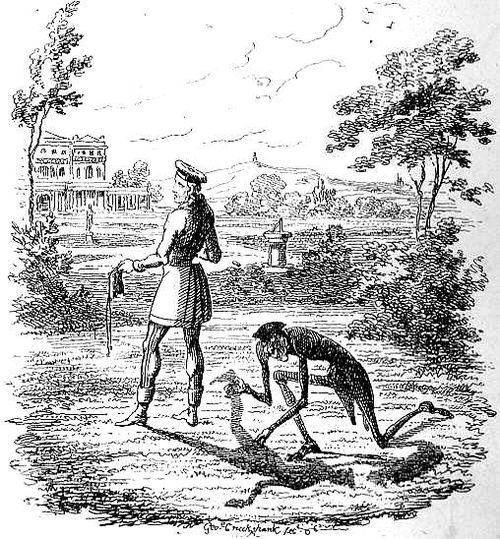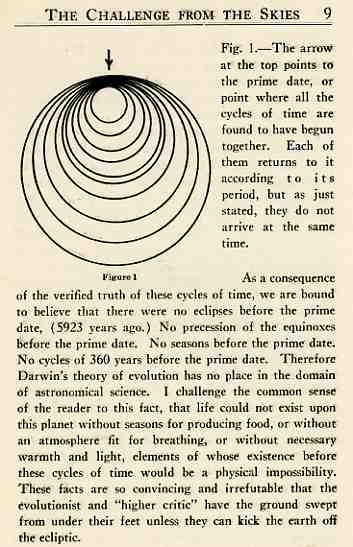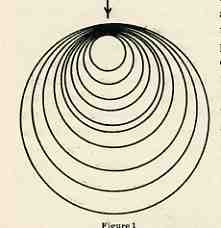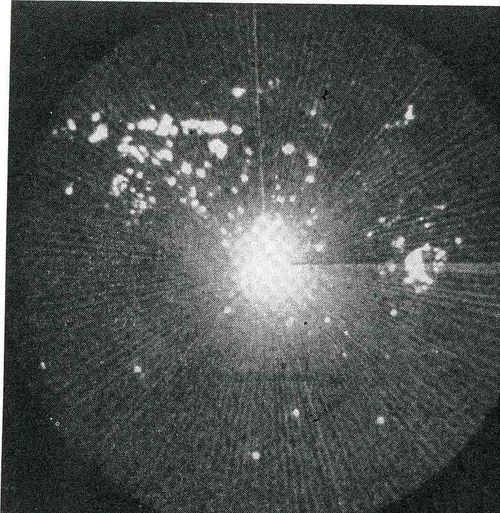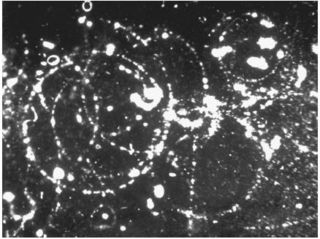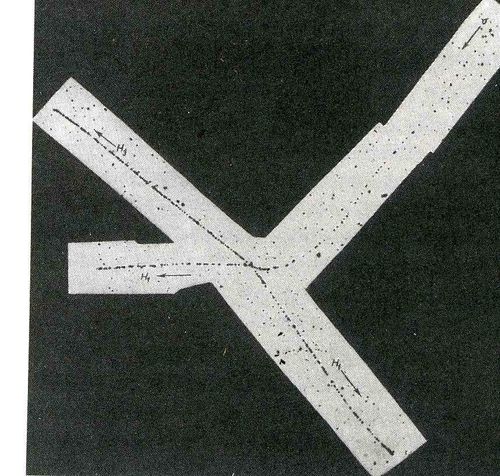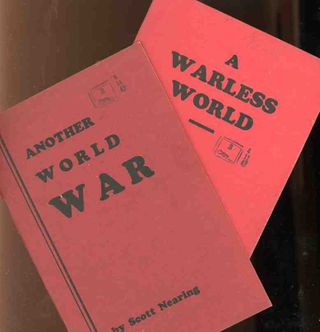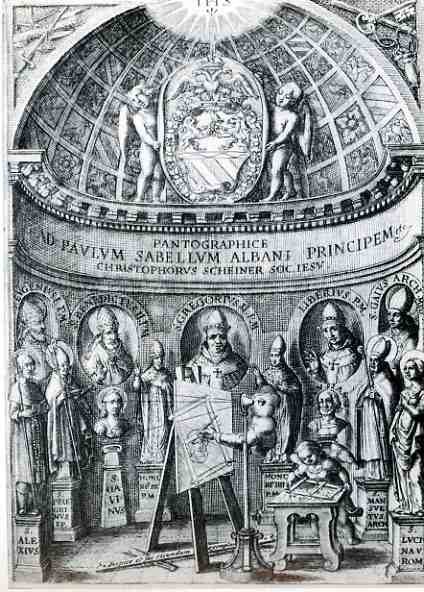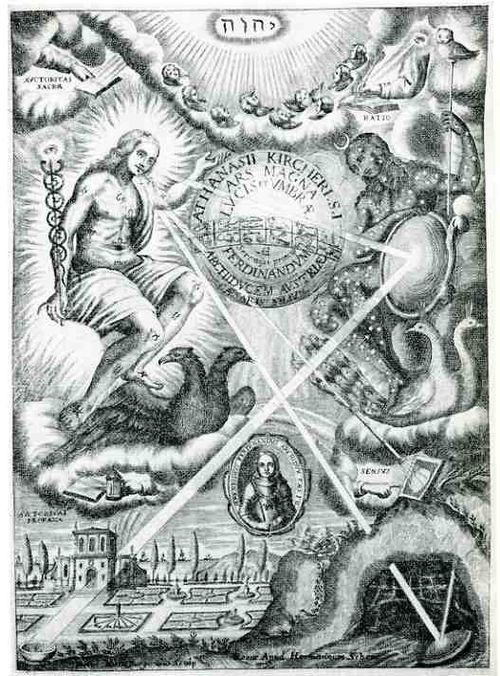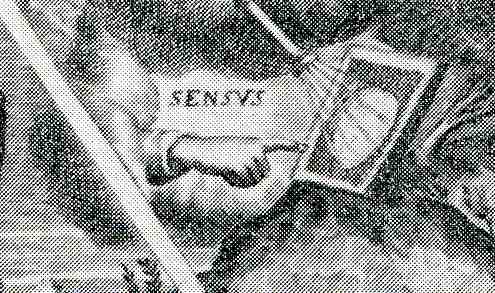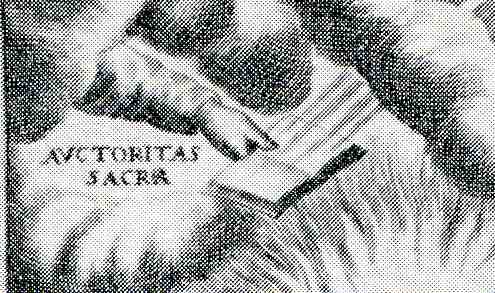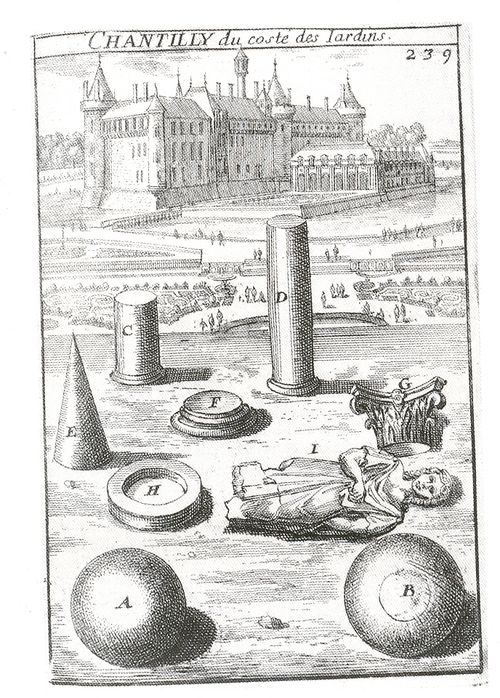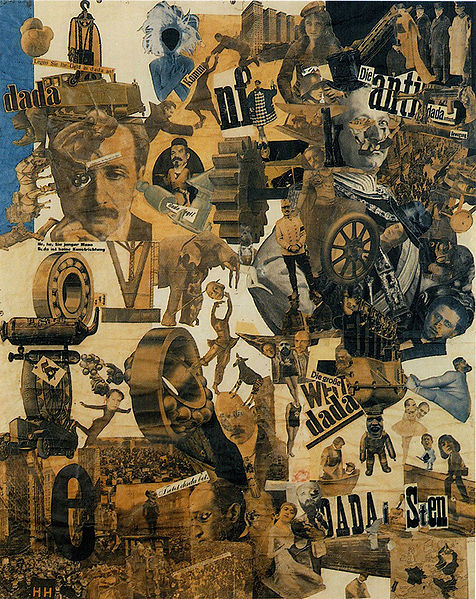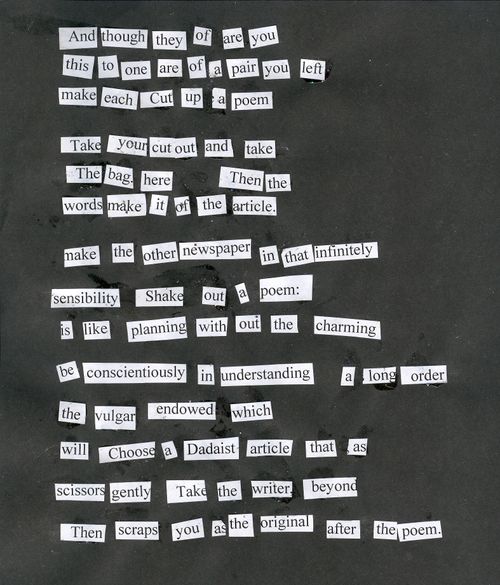JF Ptak Science Books LLC Post 535
On the heels of my last post on the usefulness of constructing geologies of wrongness and on the extraction by Creationists of something from nothing comes today’s bit, where something really does come from nothing, and where (again) nothing of something is extracted from nothing.
The something-from-nothing part with shadows comes from the
odd and somewhat creepy story of Peter Schlemihl (Peter Schlemihls wundersame
Geschichte, "Peter Schlemihl's Remarkable Story") written in 1814 by
the semi-ruined Franco/German aristocrat Adelbert von Chamisso. In one adventure, Peter,
unfortunately poor in a land of the wealthy, makes an agreement with a
mysterious grey man (who is probably the devil) to sell his shadow for a
bottomless purse of gold. In an 1861
British edition of this work, the great George Cruikshank portrays the very
moment when the shadow is being literally lifted from the ground by the
mysterious grey man—the point of contact between his hand and the shadow just
gives me the willies. The grey man’s own
shadow, arching behind him, is also very threatening and terribly offputting to
me. Perhaps it is just a great wrongness, making the shadow something
from its vast nothingness. (And the
story goes that the gold is never-ending, but people are so repulsed by Peter
not having a shadow that it makes his life supremely difficult—so much so that
the grey man returns with a new deal, offering to Peter his shadow and the
endless purse if only he would relinquish his soul when he died. Peter begs off, throws away the purse, and
lives without his shadow and without money.)
2) Nothing from Something from Nothing.
“ ‘Fat Chair’ (1964) is much more about the
physicality of the human body. To Beuys, fat as a material could be considered
before form was considered… Fat…appealed to Beuys b
Another website states “Fat…was an ideal material for Beuys to use to sign chaos and the potential for spiritual transcendence. Fat has the ability to exist as a physical example of two extremes: a flowing liquid when warm and a defined solid when cold. Beuys also believed that fat was psychologically effective, in that "people instinctively feel it relates to inner processes and feelings."
I’m sorry to not include the references for these opinions—it is just to painful, too embarrassing to ascribe them blame. And they are hardly alone in this hagiographic myopia, pulling these strands of something from nothing about nothing.
I’d
prefer to leave it all at nothing in regard to the Beuys (or to Andres Serrano
or Damien Hirst and so on), thinking
about lovely Ludwig’s self-abandoned seventh proposition (“Where (or of what)
one cannot speak, one must pass over in silence”). Better yet, better to apply the one of the
last lines of the great classic “The Street of Laredo” (the Johnny Cash version
of course)—when the young dying cowboy is asked about who shot and killed him,
he simply says, in the best cowboy fashion, “speak not his name, and his name
will pass on.”.


